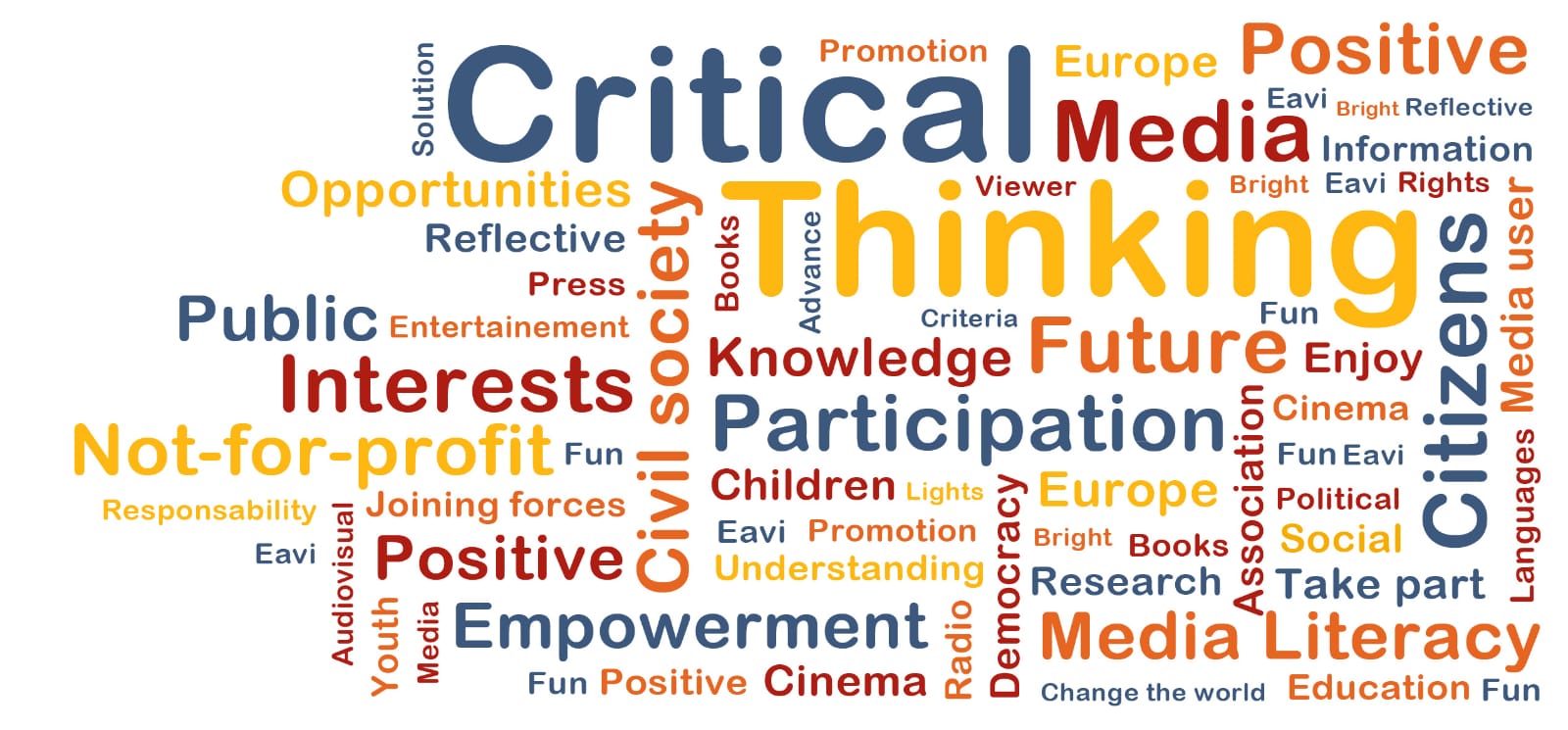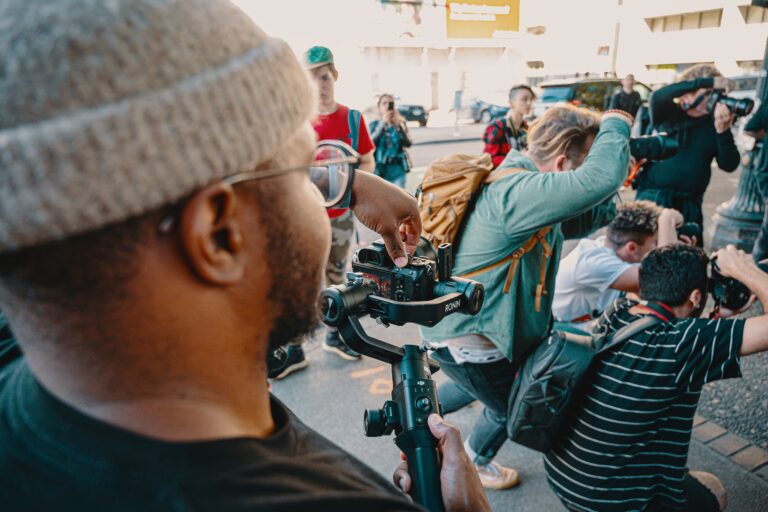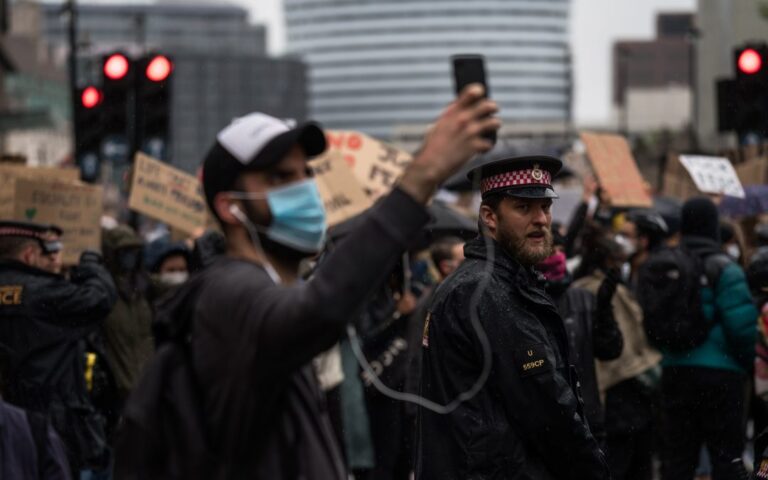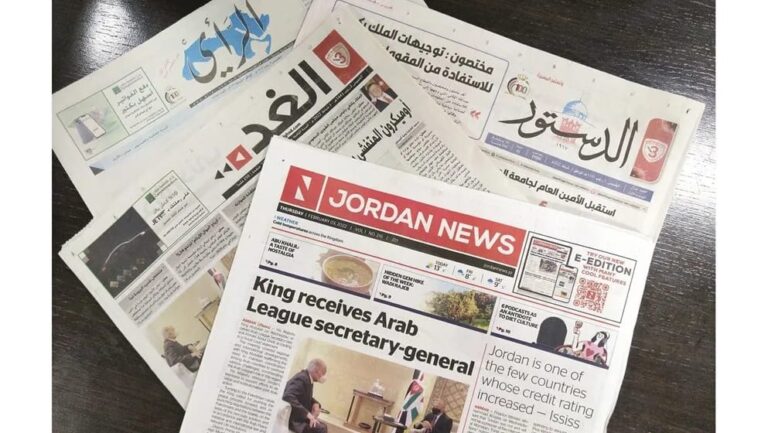The Importance of Media Literacy and Critical Thinking in the Digital Age.
In today’s world, media literacy and critical thinking skills are more important than ever before. With the explosion of digital media and the proliferation of fake news and misinformation, it is essential for individuals to be able to discern what is true and what is not. In this blog, we will discuss the importance of media literacy and critical thinking in the digital age and provide tips on how to develop these skills.
What is Media Literacy?
Media literacy is the ability to access, analyze, evaluate, and create media in a variety of forms. It involves understanding how media messages are constructed, how they are received and interpreted, and how they shape our beliefs and attitudes. Media literacy is an essential tool for navigating the complex and ever-changing media landscape.
The Importance of Media Literacy in the Digital Age
In the digital age, we are bombarded with information from a variety of sources, and it can be challenging to determine what is trustworthy and what is not. Fake news and propaganda are prevalent on social media and other digital platforms, and they can be used to manipulate public opinion or spread misinformation. Media literacy is crucial for identifying and avoiding these types of messages.
Media literacy is also essential for understanding the role of media in our society. Media has the power to shape public opinion, influence political outcomes, and shape cultural norms. By being media literate, individuals can become more active and engaged citizens who are capable of making informed decisions and advocating for change.
The Role of Critical Thinking in Media Literacy
Critical thinking is another essential skill for navigating the digital media landscape. It involves analyzing information, evaluating arguments, and making sound judgments based on evidence. In the age of fake news and misinformation, critical thinking is essential for separating fact from fiction.
Critical thinking also plays a crucial role in media literacy by allowing individuals to evaluate media messages and identify bias or manipulation. By questioning the sources of information and examining the evidence presented, individuals can become more discerning consumers of media.
Tips for Developing Media Literacy and Critical Thinking Skills
- Question Everything – When consuming media, ask yourself: who created this message? What is their agenda? Is the information presented accurate and reliable?
- Check Multiple Sources – Don’t rely on a single source of information. Instead, seek out multiple perspectives and sources to get a more complete picture of a particular topic.
- Be Skeptical – Don’t believe everything you see or read. Be skeptical of sensational headlines or stories that seem too good (or bad) to be true.
- Fact-Check – Take the time to fact-check information before sharing it on social media or with others.
- Stay Informed – Stay up-to-date on current events and trends, and seek out reliable sources of information.
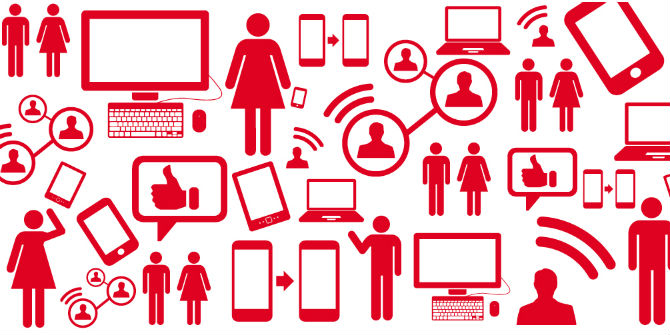

conclusion
Media literacy and critical thinking skills are essential in the digital age. By developing these skills, individuals can become more discerning consumers of media and better equipped to navigate the complex and ever-changing media landscape. So, question everything, be skeptical, and stay informed – your media literacy and critical thinking skills will thank you!

